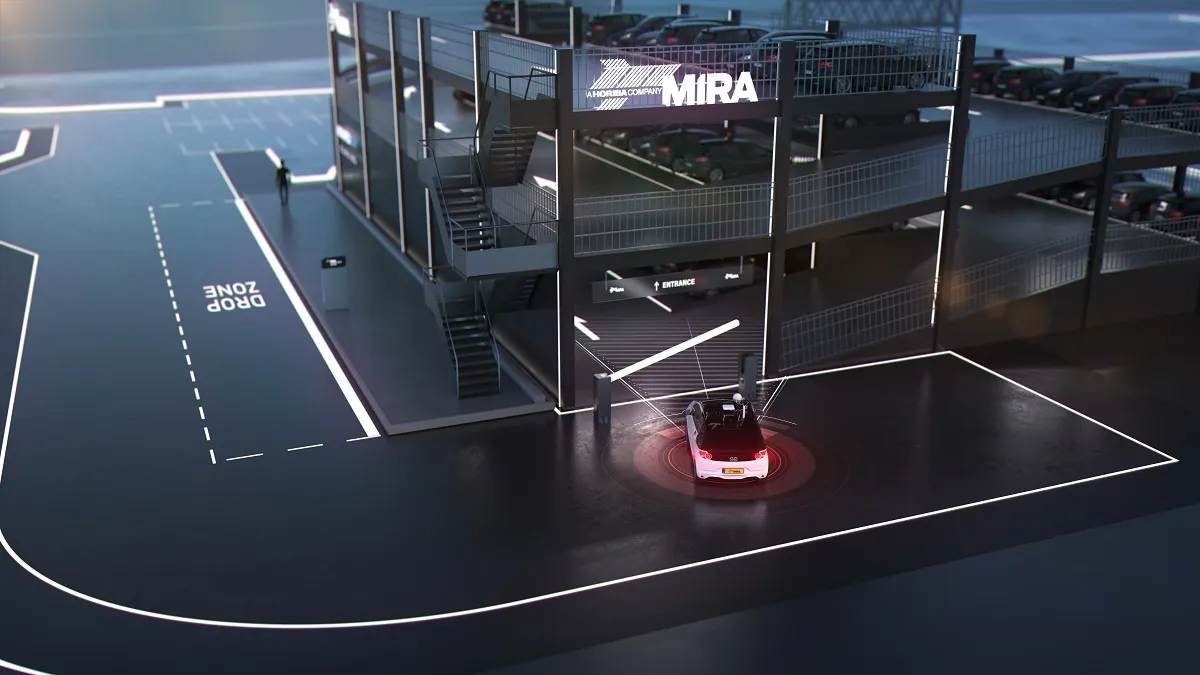The new vehicle, a Lexus GS which has been modified for autonomous driving, has been tested on a section of highway in Tokyo, changing lanes and entering and exiting at junctions without help from the driver.
Mobility Teammate is based on the idea that interactions between drivers and cars should “share the same purpose, like close friends who sometimes watch over each other and sometimes help each other out”. Toyota has been active in this area since the 1990s, but the announcement this week suggests that the company will now be pumping resources into research and development, with Toyota saying it wants to achieve a society where “mobility means safety, efficiency and freedom”.
A spokeswoman added that Mobility Teammate could be important for older people especially – a theme that was touched on at the opening of the Congress this week by Violeta Bulc, EC commissioner for mobility and transport. Like Japan, Europe has an ageing population which would benefit from autonomous driving and connected vehicles, she said, since it would give older people who might not otherwise be able to use cars an opportunity for an extended social life.
Bulc also warned that the ingenuity of companies such as Toyota will not be sufficient by itself to ensure widespread uptake of driverless cars. “The intelligence of vehicles will not be enough – we need intelligent infrastructure,” she said.
Toyota to turn Mobility Teammate concept into reality by 2020
Toyota has pledged to make its Mobility Teammate concept a reality by 2020. The Japanese manufacturer announced during the ITS World Congress in Bordeaux yesterday that it has been testing a new automated driving vehicle – called Highway Teammate - in Japan and planned to bring products based on it to market in the next five years. The new vehicle, a Lexus GS which has been modified for autonomous driving, has been tested on a section of highway in Tokyo, changing lanes and entering and exiting at junctions
October 6, 2015
Read time: 2 mins










